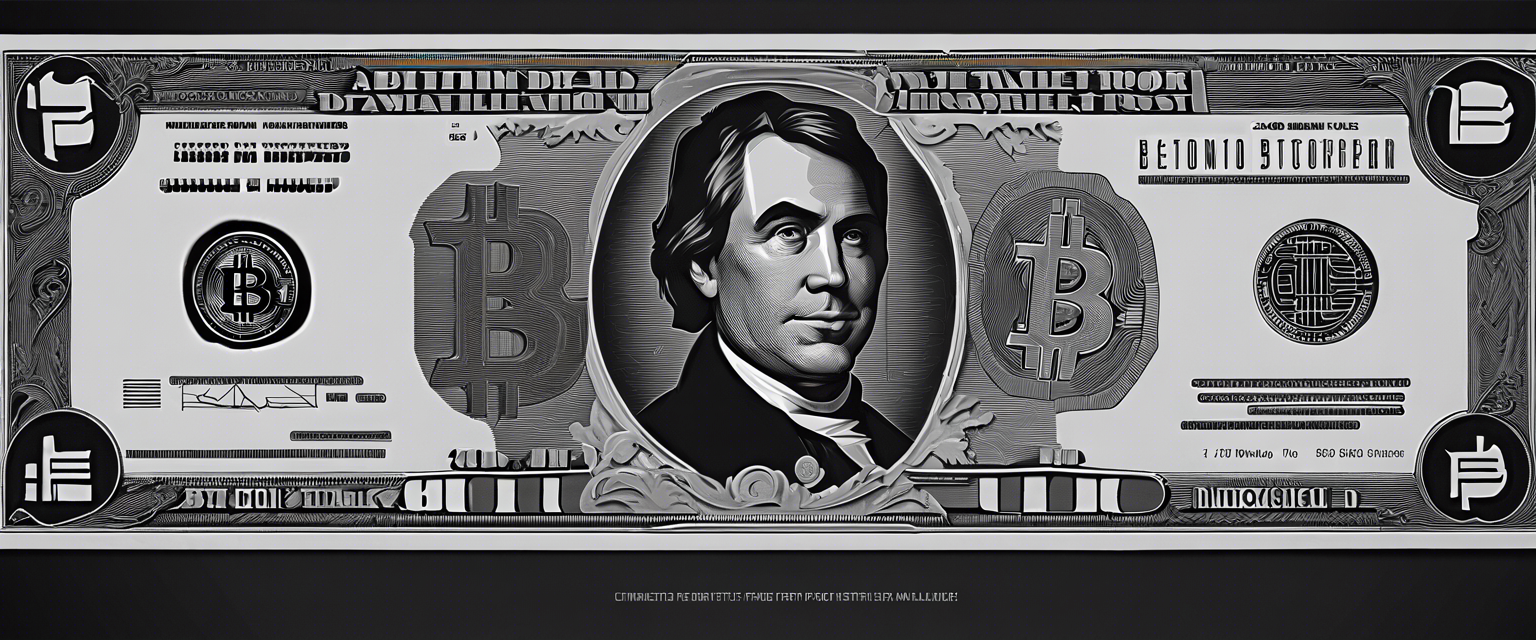The Rising Trend of Asset Tokenization in the Age of Bitcoin
According to Foresight News, the recent surge in Bitcoin prices to record highs has reignited interest in asset tokenization. This phenomenon is becoming increasingly relevant in both traditional finance and the cryptocurrency sector, prompting a closer look at how technology is transforming the way assets are managed.
What is Asset Tokenization?
Asset tokenization involves the digitization of physical assets, allowing them to be recorded on a blockchain. This process enables a more efficient, transparent, and secure way of managing ownership and transactions related to various types of assets.
The Impact of Bitcoin's Bull Market
The current interest in asset tokenization is largely fueled by the recent Bitcoin bull market. As Bitcoin prices soar, institutional investors, including giants like BlackRock, are beginning to explore the potential of this technology. Industry experts argue that the potential for asset tokenization could even surpass that of the internet, indicating a transformative shift in financial markets.
Emerging Opportunities
- Increased Liquidity: Digitizing assets can enhance liquidity in markets traditionally deemed illiquid, such as real estate or collectibles.
- Fractional Ownership: Tokenization allows investors to own fractions of high-value assets, making investments more accessible.
- Improved Transparency: Blockchain technology ensures that all transactions are recorded on a public ledger, increasing trust in the market.
Comparison with Previous Blockchain Applications
Unlike previous blockchain applications focusing primarily on areas like supply chain tracking—such as Walmart's efforts—this new trend leans heavily towards digitizing financial assets, including real estate and bonds. This shift signifies a move from operational efficiencies to financial innovations.
Looking Ahead: The Future of Asset Tokenization
As the financial landscape evolves, the increasing interest from Wall Street institutions suggests that asset tokenization will play a significant role in shaping the future of finance. The path forward remains uncertain, but the potential impacts of this technology could lead to a new era of accessibility and efficiency in financial markets.
Conclusion
In conclusion, the resurgence of interest in asset tokenization coinciding with high Bitcoin prices highlights a pivotal moment for the financial industry. As more institutions recognize the advantages of blockchain technology, the implications for asset management and investment strategies will be profound.
For further insights into blockchain applications and financial innovations, check out our related articles and stay updated on the latest trends!



اترك تعليقًا
تخضع جميع التعليقات للإشراف قبل نشرها.
This site is protected by hCaptcha and the hCaptcha Privacy Policy and Terms of Service apply.